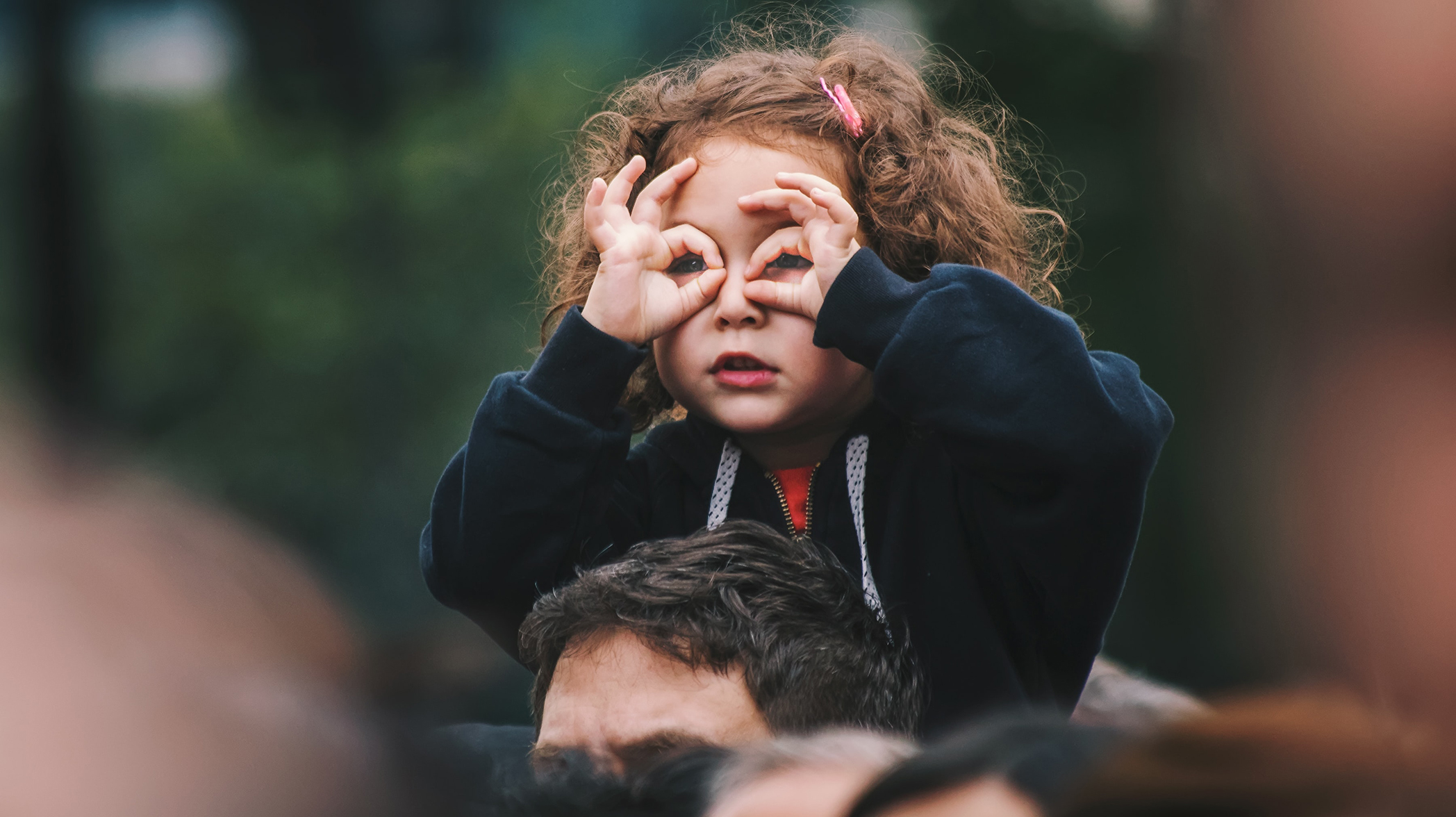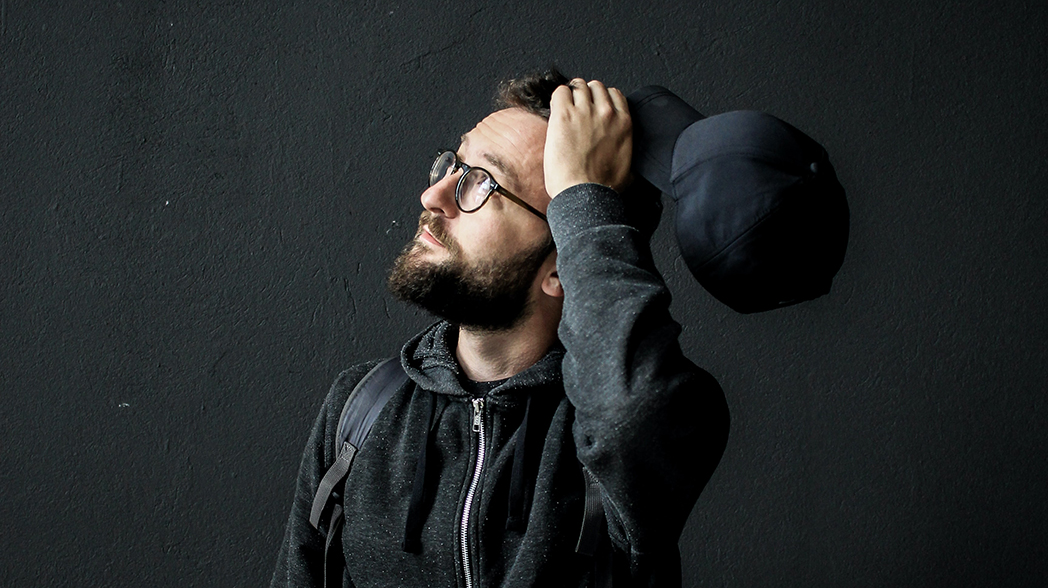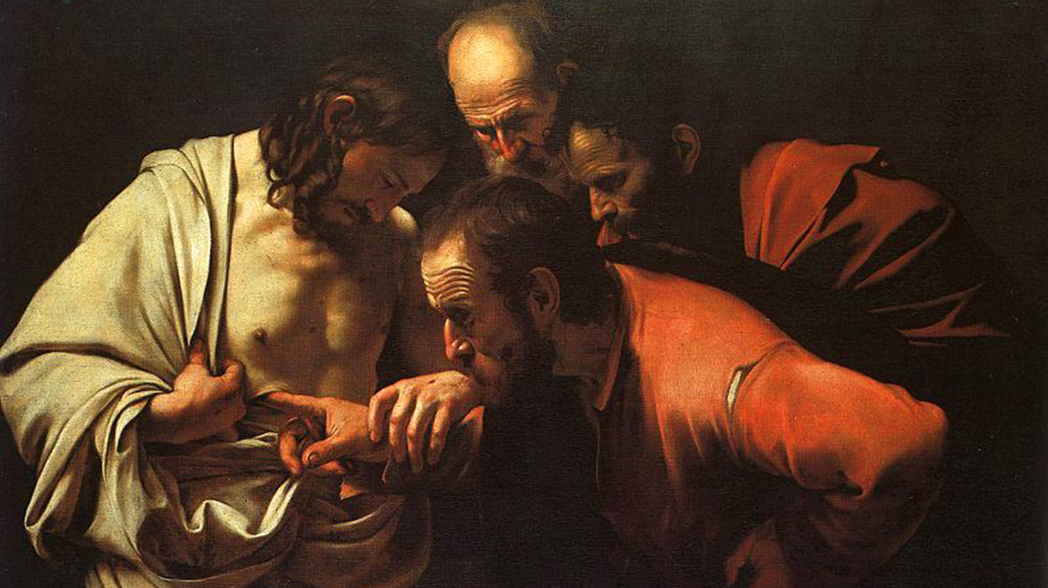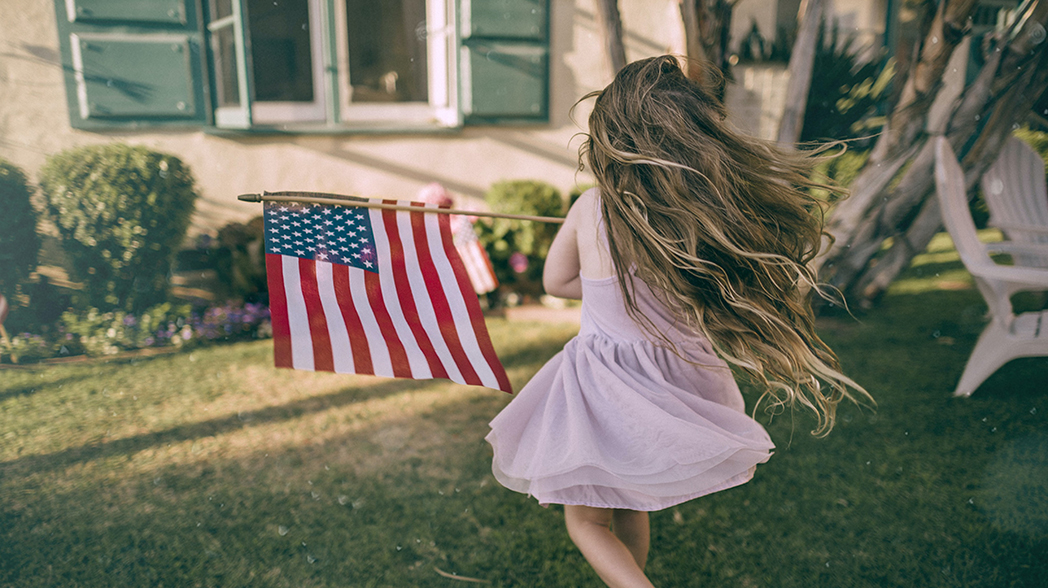By Fr. Tom Zelinski, OFM Cap.
The Gospel passage for the 30th Sunday of Ordinary Time, Series B, is about the cure of a blind man, Bartimaeus. Despite his physical blindness, Bartimaeus seems to have more faith, more insight, than the people around him. He calls to Jesus as “Son of David.” That is a title for the Messiah.
When Jesus asks him what he can do for him, Bartimaeus makes that simple and profound request, “Master, I want to see!” He wants to see with his eyes, but further, he wants to see and understand who Jesus is and what their relationship might be. The stories of healing in the Gospel are always about more than the physical cure or healing. They stand for something more and deeper.
And so, we could put ourselves in the place of Bartimaeus. If Jesus were to ask you what he can do for you, right now, what would you ask? We all could say, “Master, I want to see!” I want to see and understand myself better. I want to understand my relationship with God better. I want to better understand my relationships with other people: my wife, my husband, my children, my parents. I want to see and understand the world with more compassion and charity and justice.
It is often said that we do not see things as they really are, but that we see things as we are. In other words, we all have our own biases and conditioning and life experiences which color how we see and understand our world. We could ask, again and again, that Jesus would help us to see things more clearly so that we would live more honestly and sincerely in our world.
It is a good prayer to say over and over, “Master, I want to see!”




